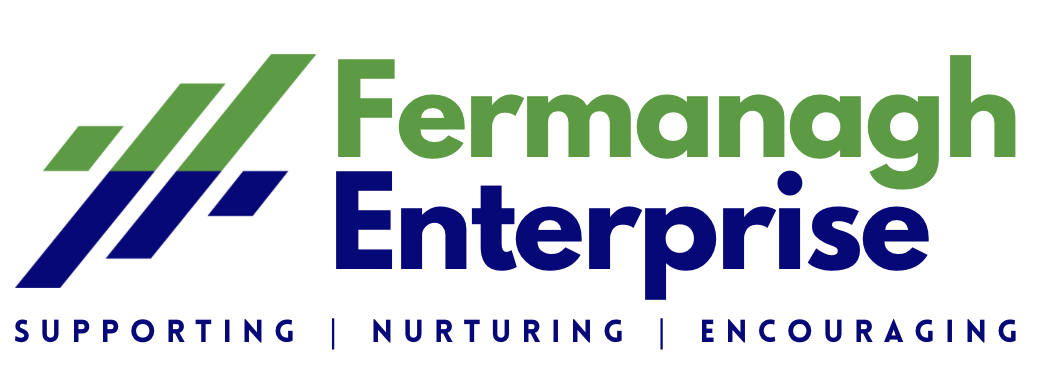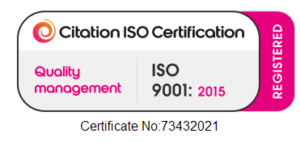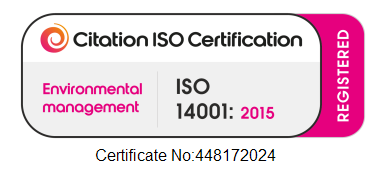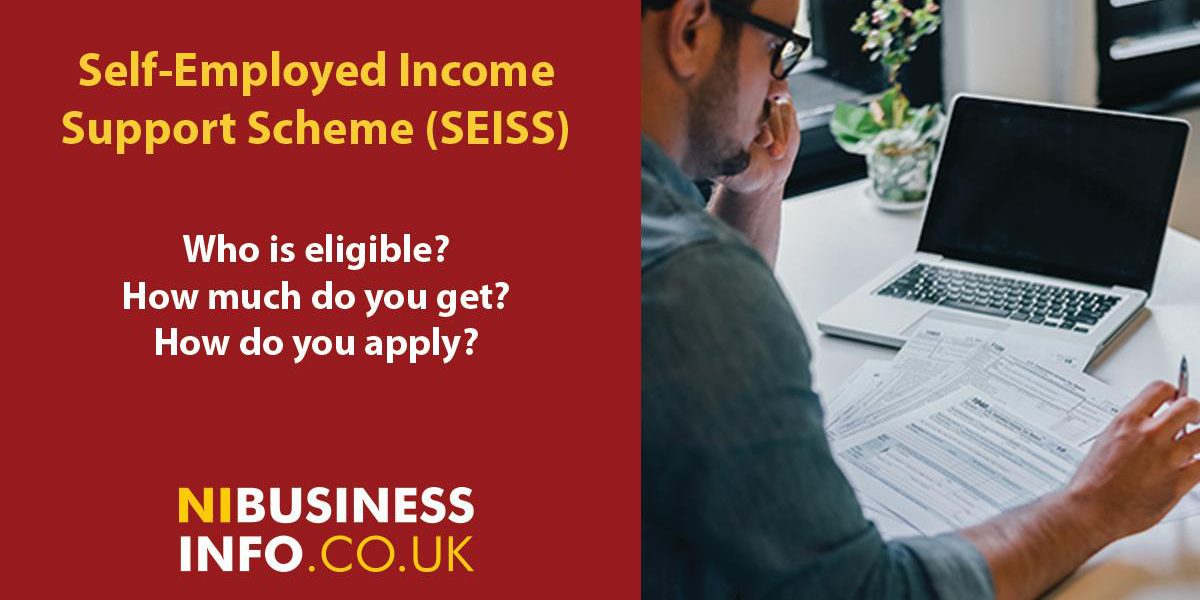If you’re self-employed or a member of a partnership and have been adversely affected by coronavirus (COVID-19) use this scheme if you’re eligible to claim the grant.
The scheme is now open. If you’re eligible and your business has been adversely affected on or after 14 July 2020, you must make your claim for the second grant on or before 19 October 2020.
Claims for the first grant are now closed.
This scheme is being extended. Find out more about the extension to the scheme. This guidance will be updated as soon as possible.
Who can claim
You can make a claim even if you did not make a claim for the first grant if your business has been adversely affected on or after 14 July 2020.
You must also meet all other eligibility criteria.
You should not claim the grant if you’re a limited company or operating a trade through a trust.
What you will need
You will need your:
1) Self Assessment Unique Taxpayer Reference (UTR) – if you do not have this find out how to get your lost UTR
2) National Insurance number – if you do not have this find out how to get your lost National Insurance number
3) Government Gateway user ID and password – if you do not have a user ID, you can create one when you make your claim
4) UK bank details (only provide bank account details where a Bacs payment can be accepted) including:
- bank account number
- sort code
- name on the account
- your address linked to your bank account
How to claim
If you want to claim the second grant you must make your claim on or before 19 October 2020. Claims for the first grant are now closed.
You must make the claim yourself. You must not ask a tax agent or adviser to claim on your behalf as this will trigger a fraud alert, which will delay your payment.
You’ll have to confirm to HMRC that your business has been adversely affected due to coronavirus.
The online service is now available. Make your claim from the date the HMRC gives you. If you have not received a date from HMRC and think you’re eligible, you can use the online service to check. If you’re eligible, the HMRC will give you a date you can make your claim from.
Online services may be slow during busy times. Check if there are any problems with this service.
Claim a grant through the Self-Employment Income Support Scheme
If you’re unable to claim online you should contact HMRC for help.
HMRC will check claims and take appropriate action to withhold or recover payments found to be dishonest or inaccurate. If you know you’ve been overpaid or are not eligible for the grant and do not tell HMRC you may have to pay a penalty.
Return to your claim
You can:
- check the status of your payment
- update your bank details if HMRC have asked you to
After you’ve claimed
We will check your claim and pay your grant into your bank account in the next 6 working days. We will send an email when your payment is on its way.
Do not contact us unless it has been more than 10 working days since you made your claim and you have not received your payment in that time.
If your business recovers after you’ve claimed, your eligibility will not be affected. You must keep evidence to confirm your business was adversely affected at the time you made your claim.
What happens next
If you think you were not eligible for the grant or have been overpaid
Tell HMRC and pay back the Self-Employment Income Support Scheme grant if, when you made the claim you:
- were not eligible for the grant
- received more than we said you were entitled to
When you must tell HMRC depends on the date you received your grant.
If you received the grant:
- before 22 July 2020 you must tell HMRC on or before 20 October 2020
- on or after 22 July 2020 you must tell HMRC within 90 days of receiving the grant
If you do not you may have to pay a penalty.
Find out more about when you may have to pay a penalty and other information, including:
- how HMRC decides how much the penalty will be, which could be up to 100 per cent of the grant amount
- when you will not have to pay a penalty
- how to appeal against a penalty
You can also tell HMRC if you want to voluntarily pay back some or all of the grant you received. You can do this at any time.
If you think the grant amount is too low
HMRC has used the information you or your tax agent or adviser sent them on your Self Assessment tax returns to work out your grant amount.
HMRC will work out your eligibility for the second grant in the same way as the first grant.
If you think the grant amount is too low, you should check how much you’ll get or contact your tax agent or adviser for help.
If you still think the grant amount is too low, you can contact HMRC. You or your agent will need:
- your grant claim reference
- your National Insurance number
- the Unique Taxpayer Reference you used on your claim
- details about why you think the grant amount is wrong
- the Government Gateway user ID you used to make a claim
You may also need the figures HMRC gave you in the grant calculation when you made your claim.
Record keeping and reporting
You must keep a copy of all records in line with normal self-employment record keeping requirements, including:
- the amount claimed
- the claim reference number
You should also keep any evidence that your business has been adversely affected by coronavirus at the time you made your claim.
You will need to report the grant:
- on your Self Assessment tax return for tax year 2020 to 2021
- as self-employed income any Universal Credit claims
- as self-employed income as changes to your tax credits claims
The grant should be treated as income received on the day it’s paid for any Universal Credit claims or tax credit changes.
Contacting HMRC
You should first check the other support available to you.
HMRC is receiving very high numbers of calls. Contacting HMRC unnecessarily puts their essential public services at risk during these challenging times. But you can contact HMRC if you cannot get the help you need online.
Source: NIBUSINESSINFO










